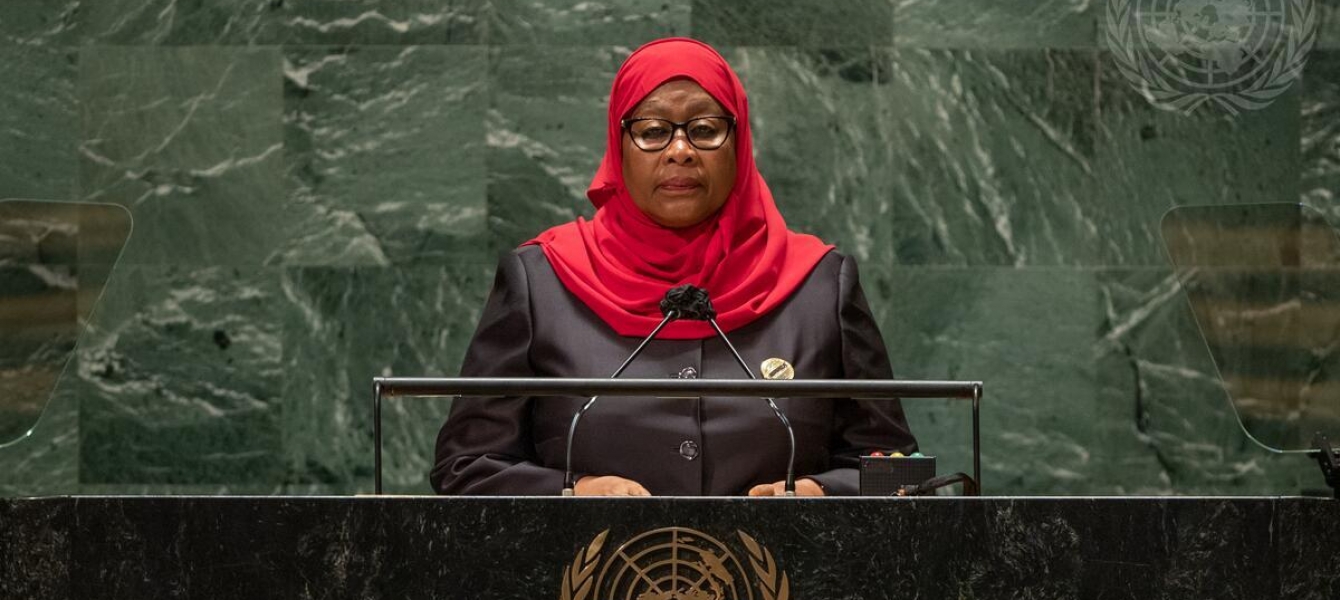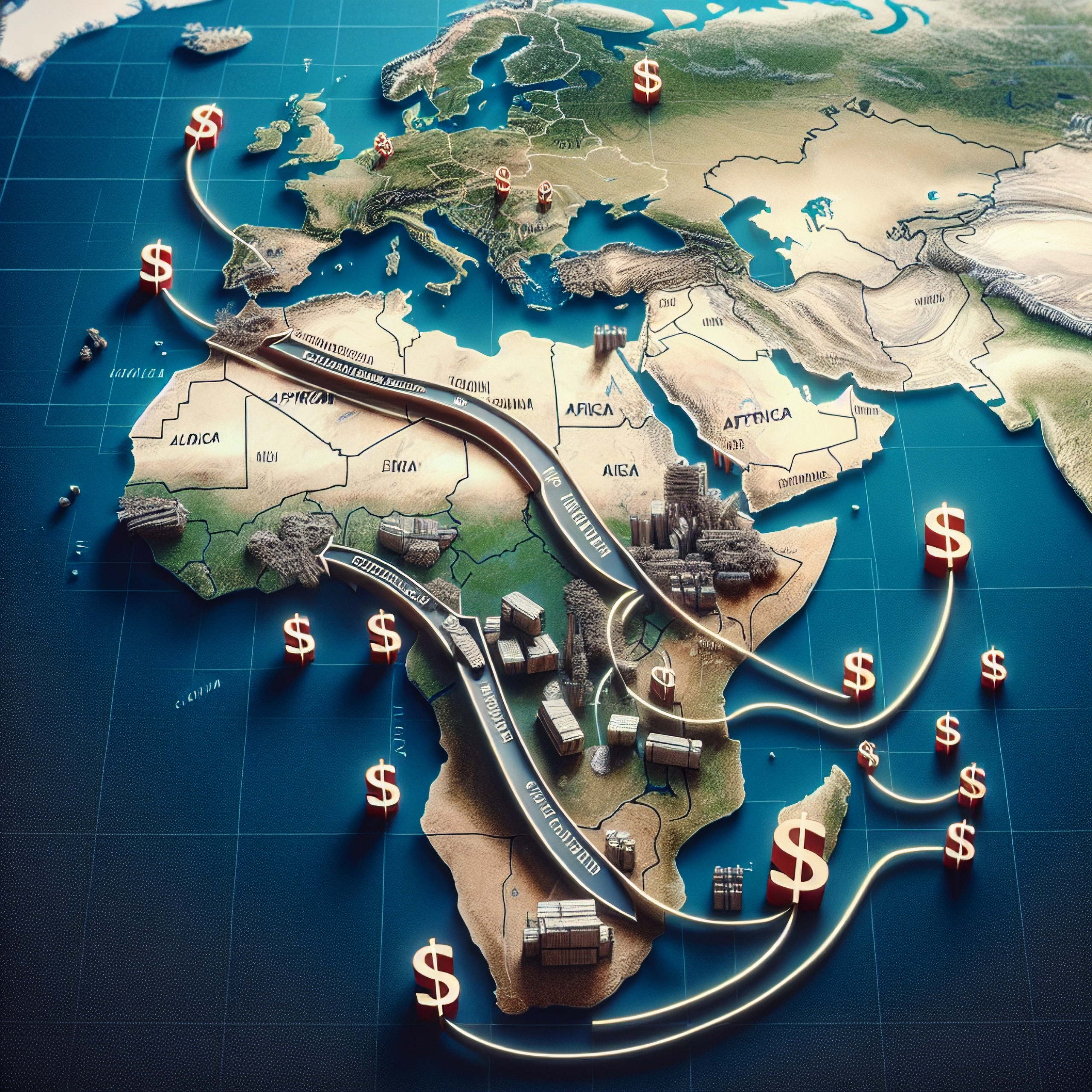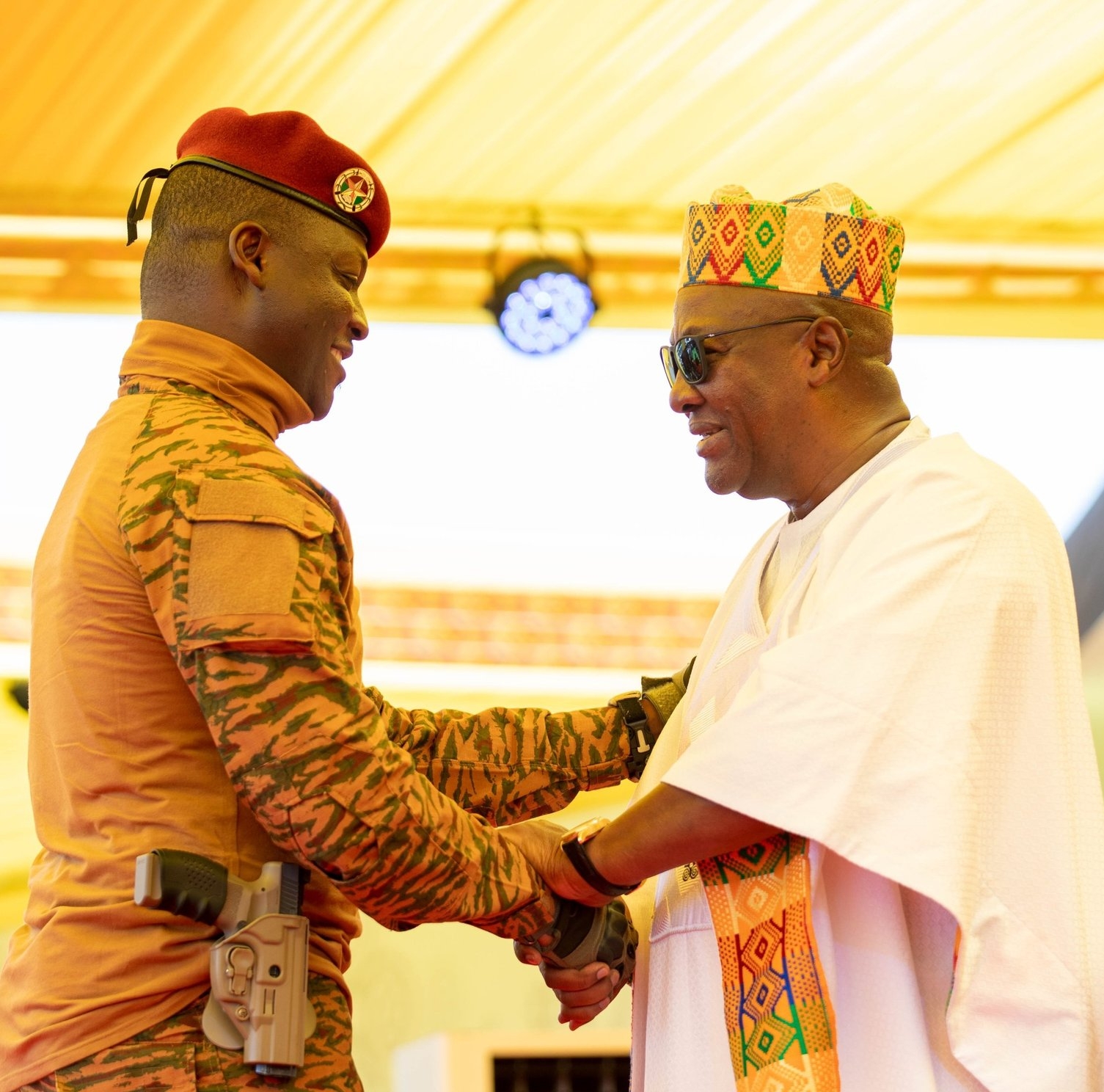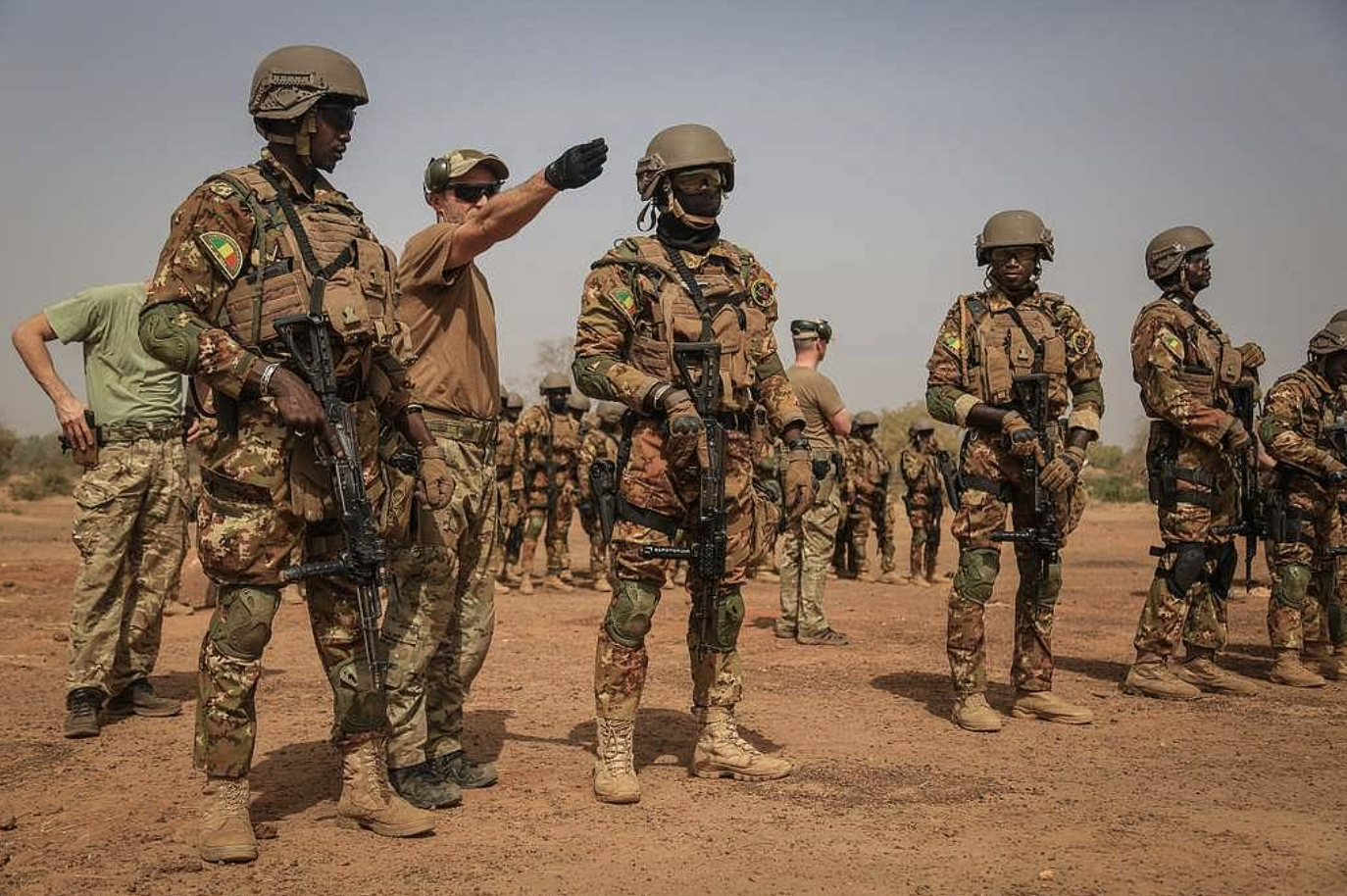The UN General Assembly: highlights and lowlights

The UN General Assembly is taking place in New York City until 30 September with a strong focus on COVID-19, climate change, peace, security and the risks of instability – crises that transcend international boundaries and require concerted, multilateral action. UN Secretary-General António Guterres captured this well, calling on world leaders to “wake up, change course, and unite”.
COVID-19
African leaders spoke repeatedly about vaccine inequity, highlighting that wealthy countries had already begun booster campaigns while almost half of African countries have full vaccination rates below 2%. Namibian President Hage Geingob characterised vaccine hoarding and nationalism as “vaccine apartheid”, while his South African counterpart continues to lead calls – alongside India – for the WTO to temporarily waive intellectual property rights for COVID-19 shots. The US broke from European allies and backed these calls earlier this year, though Germany, the World Bank and the pharmaceuticals industry have strongly pushed back on the proposals.
During a global vaccination summit convened by President Joe Biden on the sidelines of the general assembly, the US pledged an additional 500 million doses for developing countries, bringing its total commitment on vaccine sharing to over one billion jabs. Biden also announced the ambitious goal of vaccinating 70% of the world’s population by September 2022. While laudable, it is unlikely this target will be met unless developed countries double down on their commitments to share vaccines. Globally, an estimated 11 billion doses are needed to reach Biden’s target.
Climate change
Africa is the most vulnerable continent to the impacts of climate change, while having the most limited capacity for mitigation and adaptation. In August, Madagascar began experiencing the world’s first climate change-induced famine following four years of drought. In Angola, severe drought and food insecurity led to thousands of people fleeing their homes in July, with millions more facing hunger.
Niger – as a current non-permanent member of the UN Security Council – highlighted the link between climate change, conflicts and humanitarian crises. Meanwhile, African Union Chair and Congolese President Félix Tshisekedi asked for the materialisation of “all the promises made to Africa in compensation for the sacrifices agreed to protect humanity against global warming.”
By 2030, agricultural yields in Africa are expected to decline by 15% due to climate change, with major implications for food security. The continent will need USD 30 billion a year for adaptation, rising to USD 50 billion by 2040. While the US doubled its climate finance commitment to developing countries to USD 11.4 billion a year by 2024, wealthy countries have consistently missed their target to deliver USD 100 billion annually by 2020. Climate finance faces a USD 20 billion shortfall and has flatlined in the lead-up to 2020. Reversing this will require a renewed commitment from OECD countries and strong partnerships to mobilise private sector financing.
Peace and security
The threat of terrorism was a key topic at UNGA, particularly against the backdrop of the Taliban’s takeover of Afghanistan and fears it may embolden other movements worldwide. Mali’s Interim Prime Minister Choguel Kokalla Maïga said the UN’s mission in the Sahel needed to be strengthened to avoid a further deterioration of the security situation, while Tshisekedi stressed the need to collectively combat terrorism. He also called for greater African representation on the UN Security Council.
While Africa has the largest share of votes at the general assembly at 27% – ahead of Asia and the Americas on 27% and 17% – the continent does not have a permanent seat on the council. It is instead represented by two non-permanent members who lack the power to veto resolutions.
Colonial reparations
Leaders from Africa and the Caribbean – backed by countries including Cuba and Malaysia – called for the creation of a reparations system to recognise, acknowledge and compensate victims of colonialism. As put by President Ramaphosa, “Millions of the descendants of Africans who were sold into slavery remain trapped in lives of underdevelopment, disadvantage, discrimination and poverty.” While the general assembly pledged to redouble efforts to combat racism, reparations, financial or otherwise, remain a divisive topic. In May, Germany agreed to pay Namibia EUR 1.1 billion over the Herero-Nama genocide, though omitted the words “reparations” or “compensation” from a joint statement.
About the author
Elliott O’Carroll is a senior consultant at Africa Practice specialising in Francophone Africa. He can be contacted at [email protected]
Proud to be BCorp. We are part of the global movement for an inclusive, equitable, and regenerative economic system. Learn more


